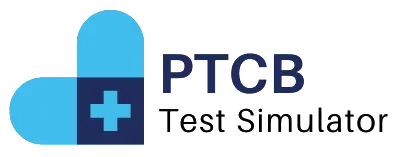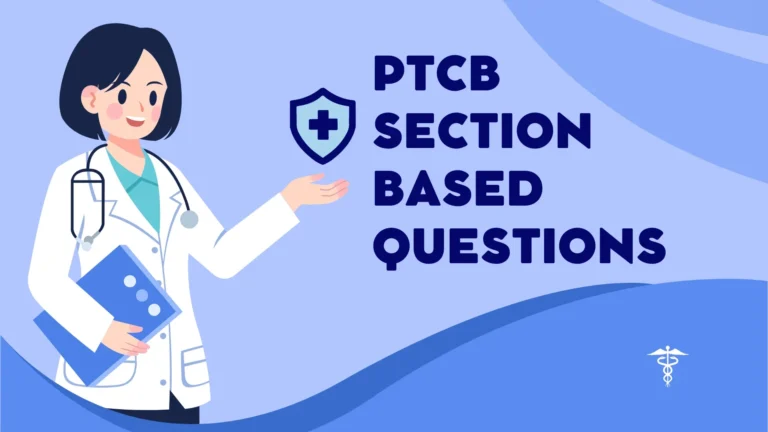Learn More HESI RN and LPN Exit Exams
The HESI Exit Exams, specifically designed for Registered Nurses (RN) and Licensed Practical Nurses (LPN), play a crucial role in nursing education. Administered by Health Education Systems Incorporated (HESI), these exams serve as a comprehensive assessment of a student’s readiness to transition from nursing school to clinical practice. They not only evaluate the knowledge and skills acquired throughout the nursing program but also predict a student’s potential success on the National Council Licensure Examination (NCLEX). This essay delves into the significance of the HESI RN and LPN Exit Exams, their structure, preparation strategies, and their role in shaping competent nursing professionals.
The Prominence of HESI Exit Exams
- Predictive Validity: One of the primary functions of the HESI Exit Exams is to predict success on the NCLEX. Research has shown that students who perform well on these exit exams are more likely to pass the NCLEX on their first attempt. This predictive validity is crucial as passing the NCLEX is a prerequisite for obtaining a nursing license.
- Assessment of Knowledge and Skills: The exams comprehensively assess the nursing knowledge and clinical judgment that students have developed throughout their education. This holistic evaluation ensures that graduates are equipped to provide safe and effective patient care.
- Program Evaluation: The results of the HESI Exit Exams provide valuable feedback to nursing programs. By analyzing student performance, educational institutions can identify areas for curriculum improvement and instructional effectiveness. This continuous feedback loop ultimately enhances the quality of nursing education.
- Confidence Building: Completing the HESI Exit Exam can significantly boost students’ confidence as they prepare for the NCLEX. This increased confidence can alleviate exam anxiety, allowing students to approach the licensing exam with a more positive mindset.
Structure of the HESI Exit Exams
- Core Nursing Concepts: Questions that assess fundamental nursing theories, practices, and skills, including patient safety, ethics, and communication.
- Medical-Surgical Nursing: A substantial portion of both exams focuses on medical-surgical nursing, evaluating knowledge of common medical conditions, treatments, and appropriate nursing interventions.
- Pharmacology: Questions in this category test understanding of pharmacological principles, drug classifications, and patient education regarding medications.
- Maternal and Child Health: This section assesses knowledge related to prenatal, perinatal, and postnatal care, as well as pediatric nursing practices.
- Mental Health Nursing: Questions evaluate understanding of psychiatric disorders, therapeutic communication, and treatment modalities.
The HESI Exit Exams are designed to test not only factual knowledge but also critical thinking and clinical decision-making, reflecting the complexities faced by nurses in practice.
Preparation Strategies for Success
Preparing for the HESI RN and LPN Exit Exams requires a strategic approach. Here are several effective strategies that students can employ:
- Comprehensive Review: Students should conduct a thorough review of their nursing curriculum. Utilizing textbooks, lecture notes, and course materials helps reinforce key concepts and identify areas needing improvement.
- Practice Tests: Engaging in practice exams that closely mimic the HESI format is essential. These practice tests familiarize students with the exam structure and question types, providing insights into their strengths and weaknesses.
- Study Groups: Forming study groups can enhance learning through collaborative discussions. Students can quiz one another, share resources, and tackle challenging concepts together, fostering a supportive learning environment.
- Focus on Weak Areas: After taking practice tests, students should analyze their performance to identify specific areas of weakness. Concentrating study efforts on these topics can improve overall exam readiness.
- Utilizing HESI Resources: HESI offers various study materials, including review books and online resources. Taking advantage of these resources provides targeted preparation and reinforces essential nursing knowledge.
The Role of HESI Exit Exams in Transitioning to Practice
The HESI Exit Exams play a vital role in preparing nursing students for the transition from education to practice. By assessing readiness for the NCLEX, the exams help identify students who may need additional support or remediation before entering the workforce. This proactive approach ensures that new nurses are equipped with the necessary knowledge and skills to provide safe, competent care.
Moreover, performing well on the HESI Exit Exam can instill confidence in students as they prepare for the NCLEX. A strong performance serves as reassurance of their preparedness, reducing anxiety and enhancing their overall testing experience.
Conclusion
The HESI RN and LPN Exit Exams are essential components of nursing education, serving as both assessments of knowledge and predictors of success on the NCLEX. By comprehensively evaluating nursing knowledge, the exams provide critical feedback to both students and nursing programs, fostering continuous improvement in educational outcomes. With effective preparation strategies and a thorough understanding of the exam structure, nursing students can approach the HESI Exit Exams with confidence. Ultimately, these exams play a vital role in shaping competent nursing professionals who are ready to meet the challenges of patient care and contribute to the healthcare system effectively.

